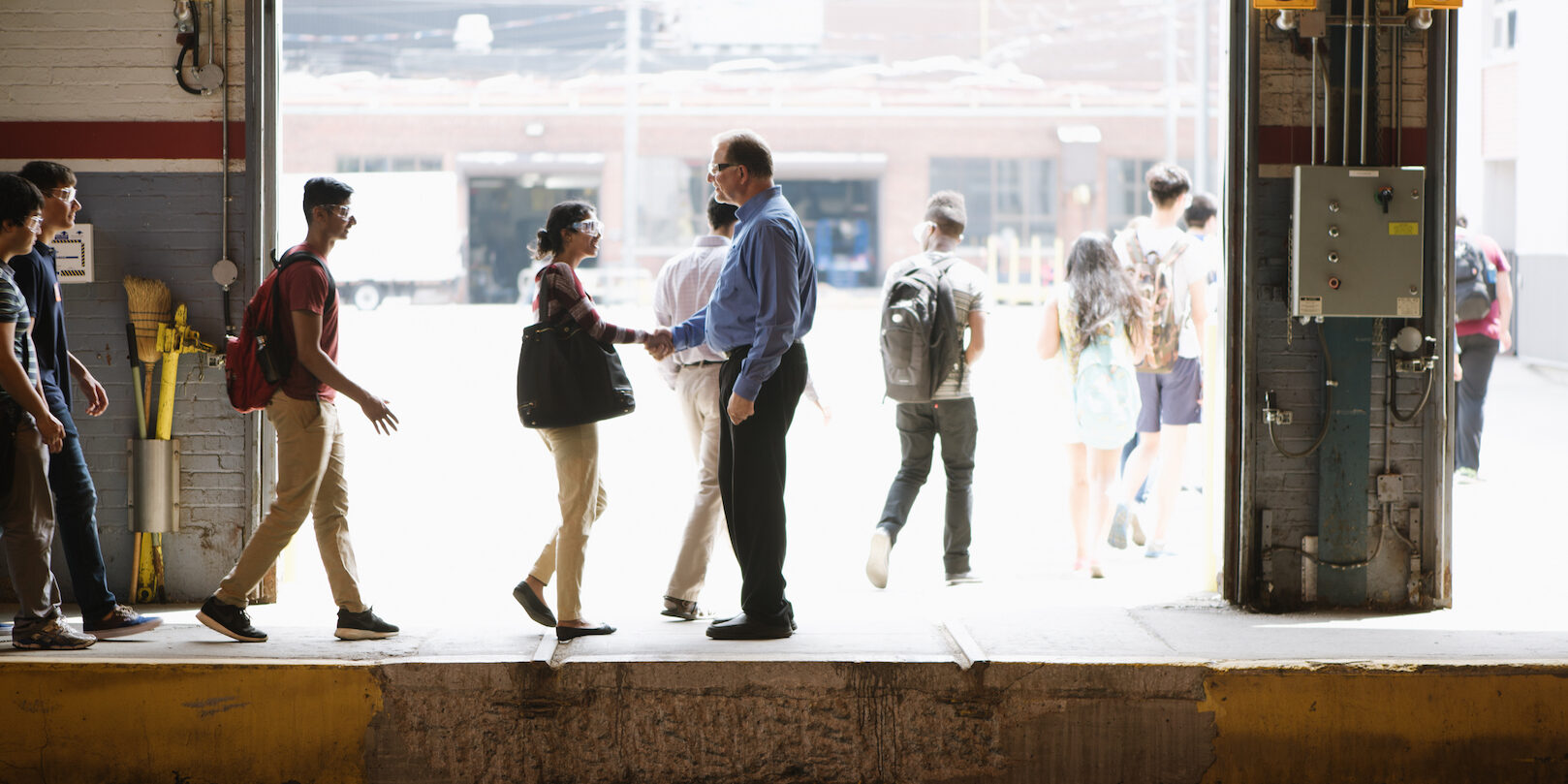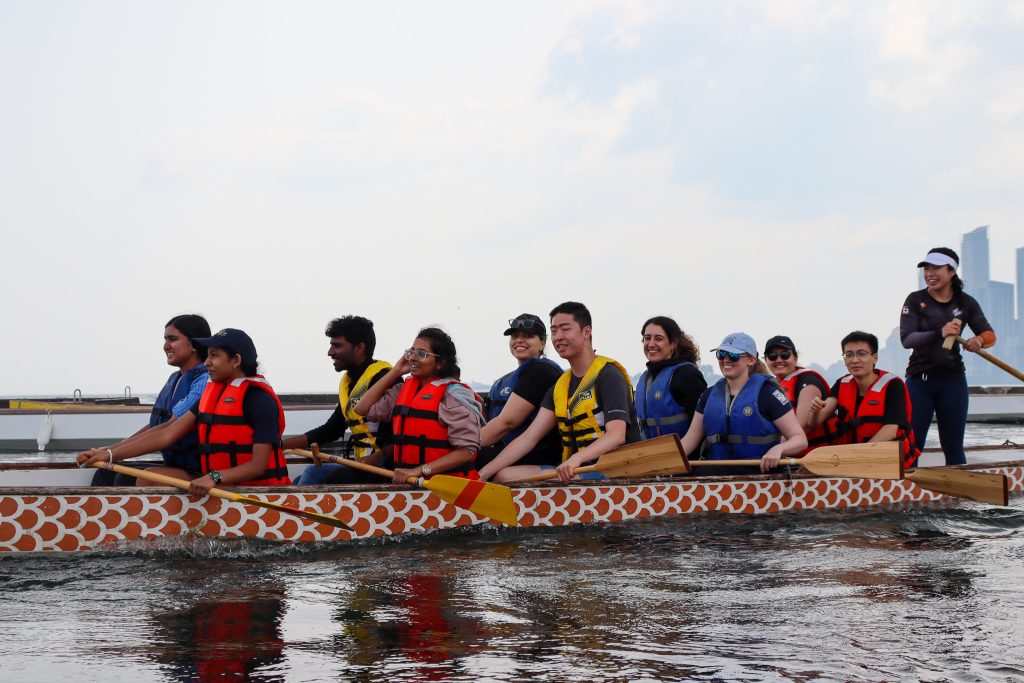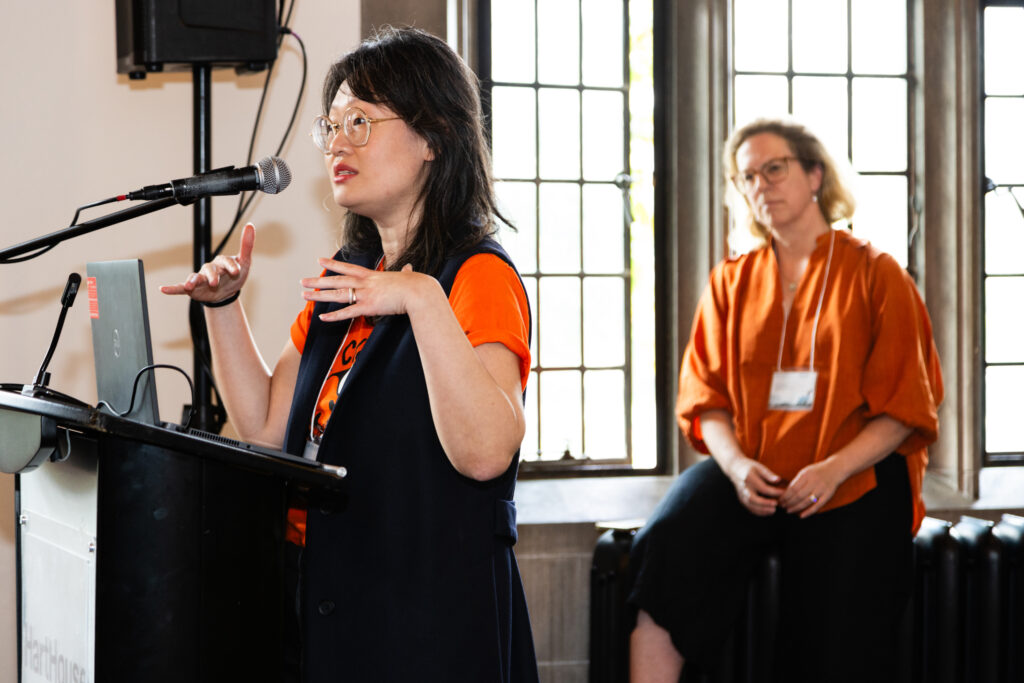Director's Welcome
Troost ILead’s past year has been about building bridges. Engineering is collaborative by nature, so embracing this relational aspect has been a natural extension of our mission in engineering leadership.
Our portfolio of academic courses, co-curricular programs, and industry initiatives is more robust than ever before, which means we have been able to focus our efforts on extending our reach as far and wide as possible. From our longstanding industry speakers and panelists who generously impart their leadership knowledge to our students, to the new collaborations both domestically and abroad, we are truly mobilizing engineering leadership education on a new scale.
Our research team has been no exception. We have continued to publish award winning work that pushes the boundaries and challenges our conceptions of leadership in engineering. Just as collaborations in our academic and co-curricular programming have brought new and exciting perspectives to students, so too has our research team worked with fellow engineering leadership specialists around the globe to stay on the leading edge of new ideas.
All of this is made possible thanks to the consistent efforts of our highly talented team. Through our connections with others, we are constantly adapting and evolving our work in this highly dynamic field. I hope this shines through as you read some of the stories we share in this year’s Annual Review. Here’s to another year of engineers leading change to build a better world.
Emily Moore, PhD, PEng, FCAE
Academic Director, Troost Institute for Leadership Education in Engineering
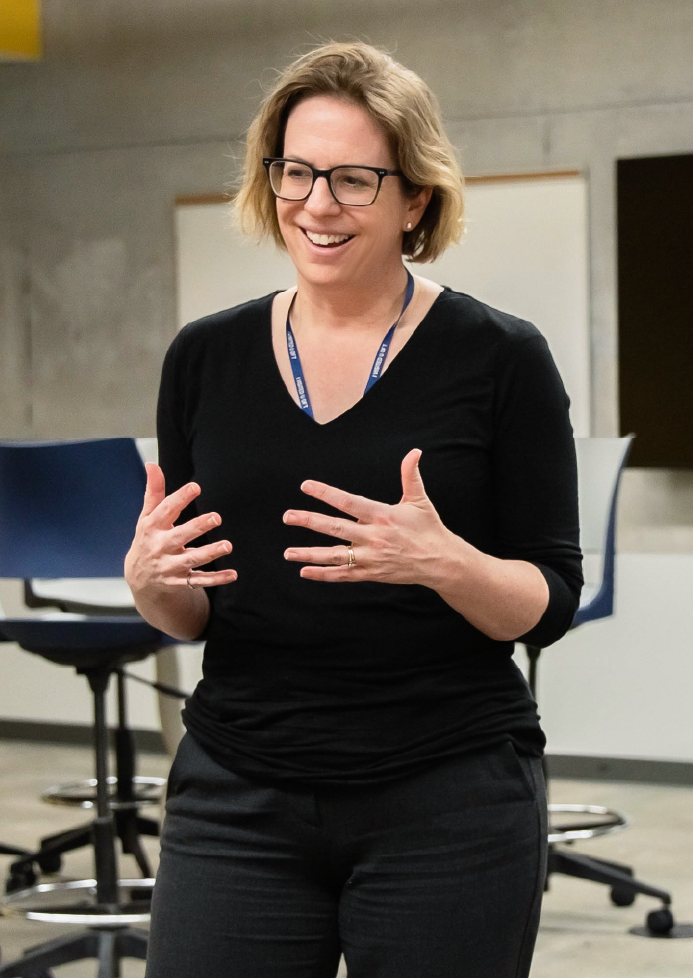
Our Year In Numbers
Sustainability Renewed
The newly reimagined Clarke Prize Environmental Design Challenge returned bigger than ever
Named in honour of the late Richard M. Clarke, the Clarke Prize is a reflection of Clarke's confidence in the engineering profession’s ability and responsibility to benefit society and protect the environment, as well as his belief that character, leadership and teamwork are critical elements in engineering practice.
Sustainability has always been a central aspect of the Clarke Prize, and as a team-based design challenge, teamwork and leadership are inherent parts of the process.
Estelle Oliva-Fisher, Managing Director of Troost ILead, understood the opportunity the Clarke Prize represented for building partnerships.
“We partnered with the U of T Sustainability Office to bring this vision to life. With our leadership and their sustainability expertise combined, we were able to provide students with an opportunity to practice socio-technical thinking and apply their engineering leadership skills towards generating real world solutions.”
With the help of the Sustainability Office, a new format, scope, and scale was established for the Clarke Prize. No longer a capstone project limited to one course, the 2024 Clarke Prize launched as a two-day design challenge with over 160 student participants, representing every undergraduate engineering department.
“When re-envisioning the Clarke Prize, we wanted to build on what worked in the past while increasing the reach and scale far beyond what it was before. Sustainability is a top priority for all engineers, regardless of discipline, so the decision to open the Clarke Prize to more students was a natural choice.”
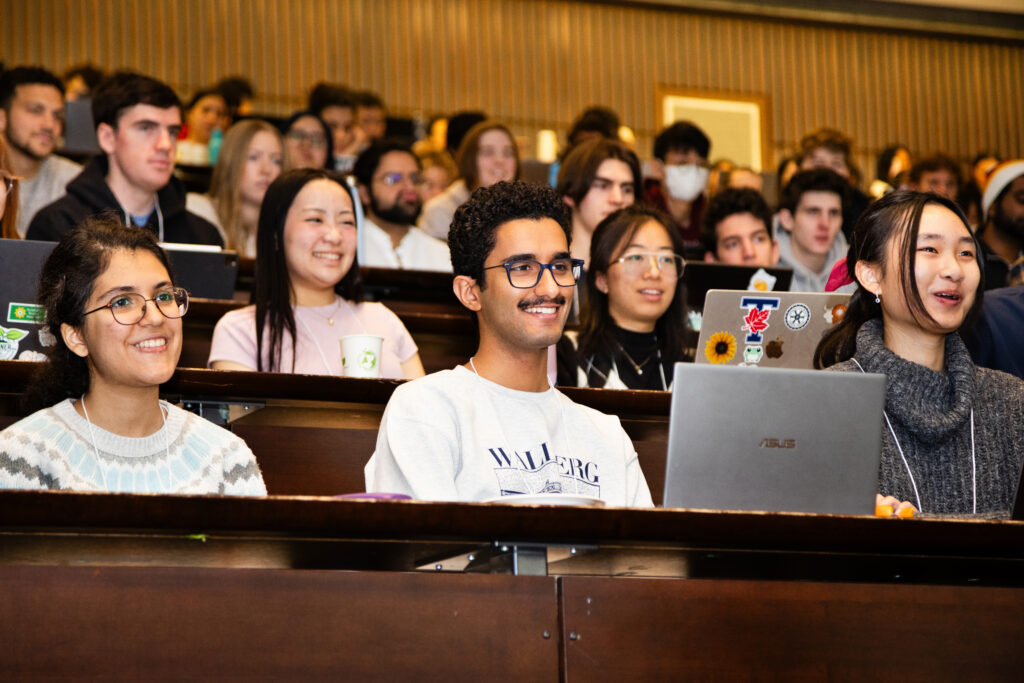
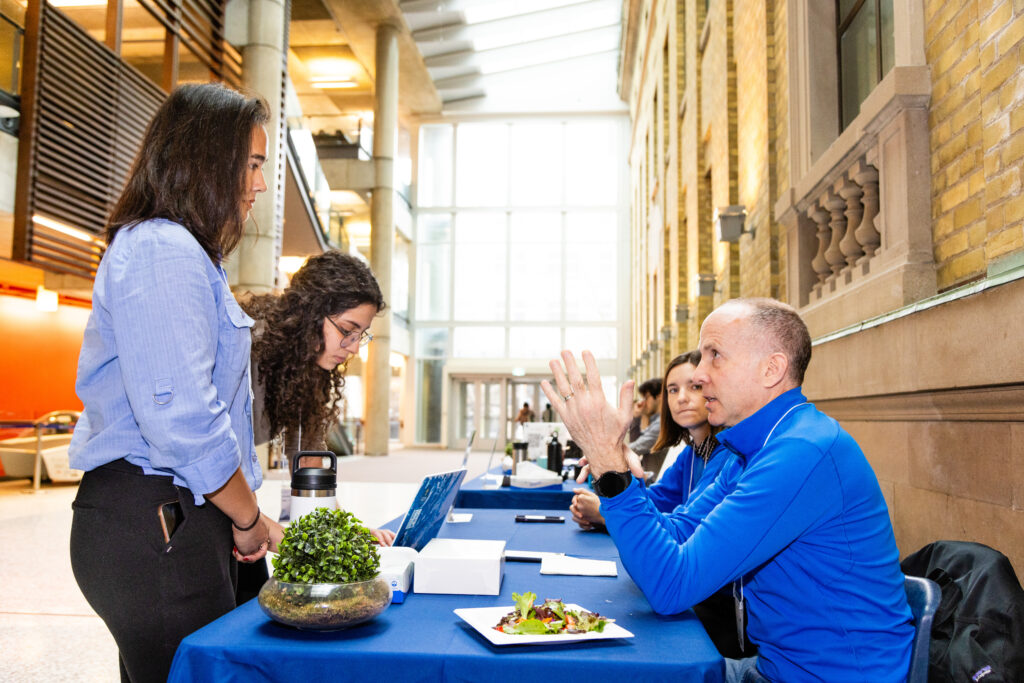
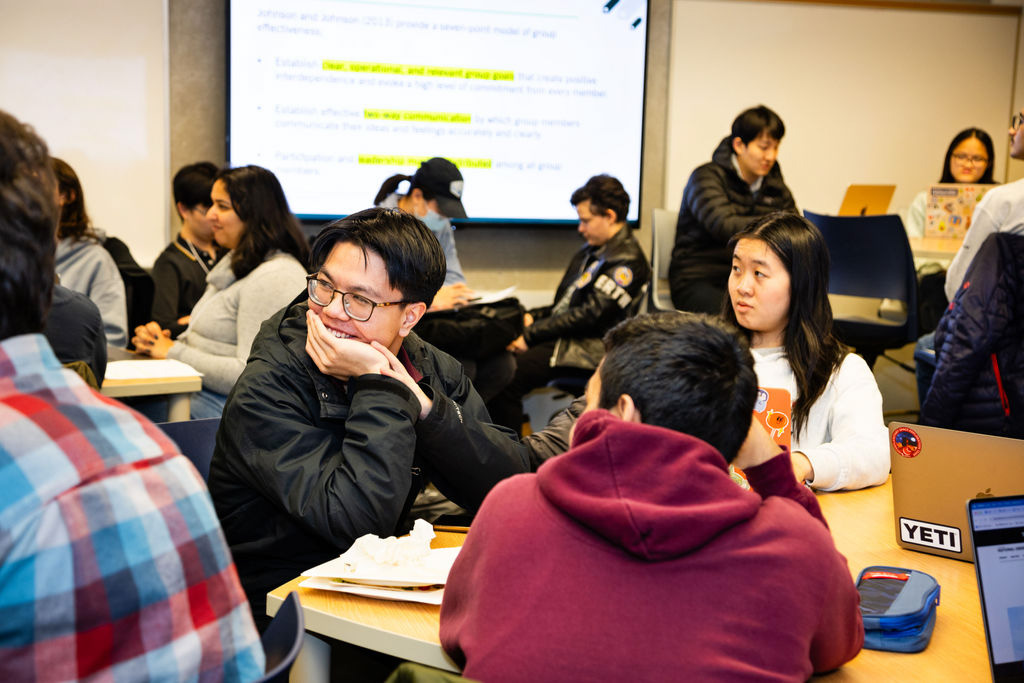
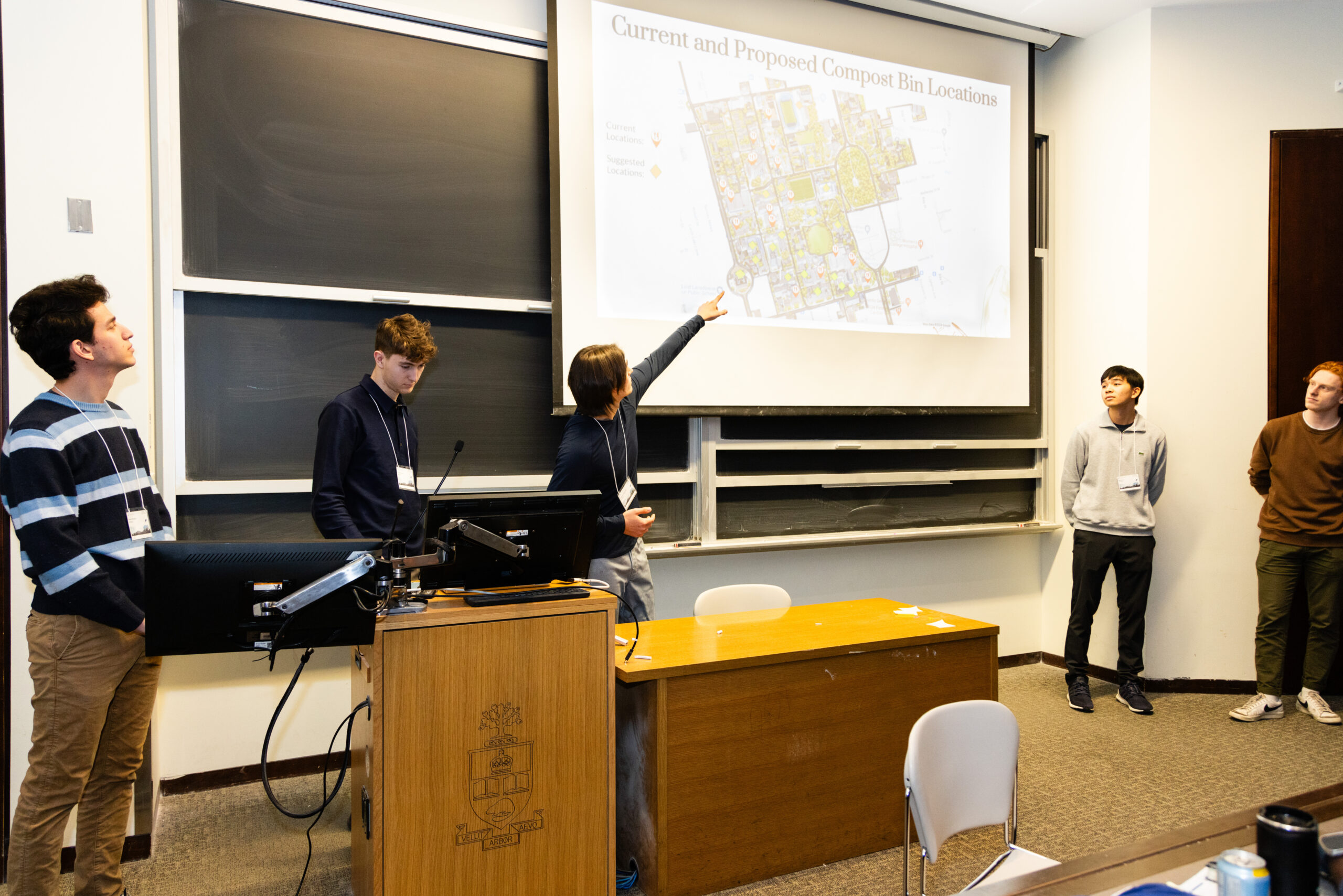
The two-day format allowed for the integration of learning opportunities to complement the design challenge. Leveraging the strength of our network of industry and alumni partners, we partnered with sustainability experts to deliver these workshops, providing students with professional insights.
The workshops were focused on contemporary topics in sustainability, such as the circular economy, and were an opportunity for students to learn how they can implement sustainability practices into their own engineering work.
Jennifer Galley, Experiential Learning Specialist and steering committee member, expands on the approach we took in developing the experience.
“Incorporating interactive workshops led by faculty and experts enabled students to gain hands-on experience while expanding their communication, teamwork, and design thinking skills for life beyond academics.”
To cap off the design challenge, each group had an opportunity to present their design solutions in rapid fire 5-minute presentations to convince a panel of judges on the effectiveness, feasibility, and financial viability of their designs.
“One of the core learning outcomes of the program is for students to practice crafting and communicating a compelling vision. By presenting and pitching their big ideas, students were able to learn how to inspire action and change on both individual and collective levels.”
The judging panel consisted of 21 industry and alumni partners of various engineering backgrounds and disciplines from our network.
“Providing students with an opportunity to interact with and learn from industry perspectives was a key priority for the Clarke Prize, and we were able to meet this goal thanks to the strength of our incredibly engaged and passionate network,” Galley says.
“There is a lot of excitement today in the sustainability space. We put out the invitation and were met with eager interest from our network and beyond as word spread.”
After much deliberation, three finalists were selected out of 42 teams. You can learn more about the winning team's design solutions in our post-event recap article summarizing highlights from the event.
Overall, the relaunch of the Clarke Prize was an immense success, largely thanks to the partnerships we built along the way.
The Clarke prize environmental competition was a great experience to work with friends and seek realistic, implementable and feasible solutions to help the U of T community.
Clarke Prize was a very fun experience and allowed me to think outside the box on how to make the campus more sustainable and at the same time helped me learn about current sustainability initiatives that are already taking place!
The Clarke Design competition has shed a light on the integrated nature of sustainability and engineering and how I can be a better engineer by using that.
This was my first hackathon and I had so much fun! It was an incredible experience to work with my peers as well as witness the innovation of our engineering community at the University of Toronto.
An incredible weekend brimming with creativity, problem solving and renewed hope for the future of the environment.
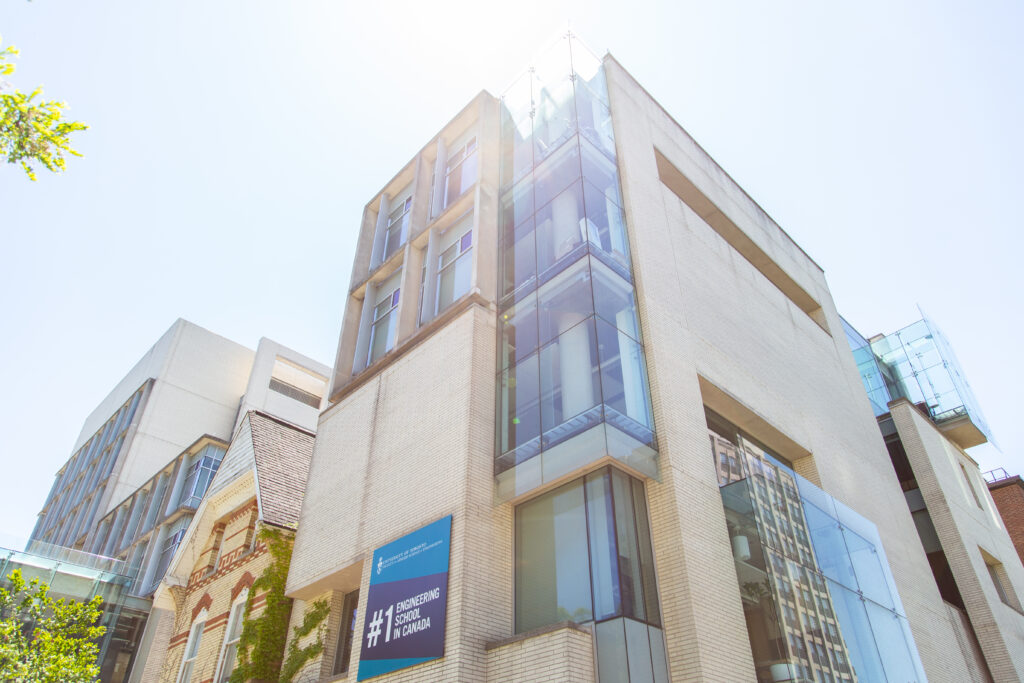
Thank-you for supporting our work - see you next year!
We're glad to see you've made it this far. Building Connections is the annual review produced by the Troost Institute for Leadership Education in Engineering, Faculty of Applied Science & Engineering at the University of Toronto. It covers the period from 2023-2024.
Find out how you can support Troost ILead.
If the people and the work you've just read about has inspired you, please get in touch with us to learn how you can support our work. We'd love to hear from you.

